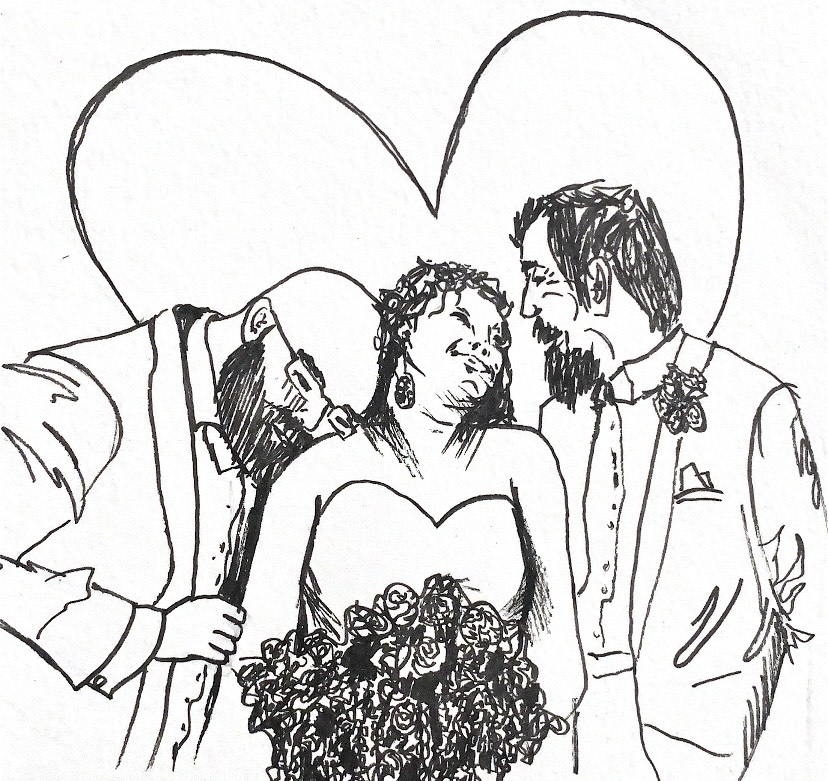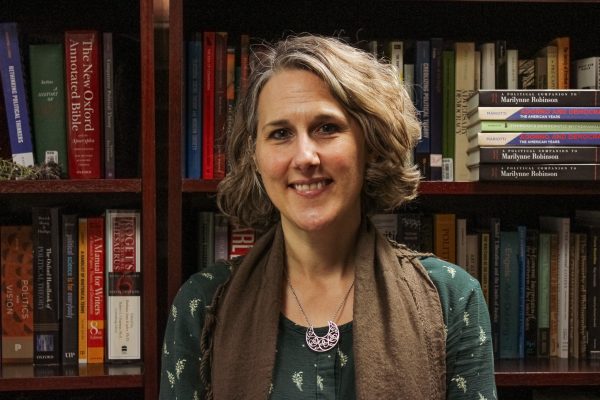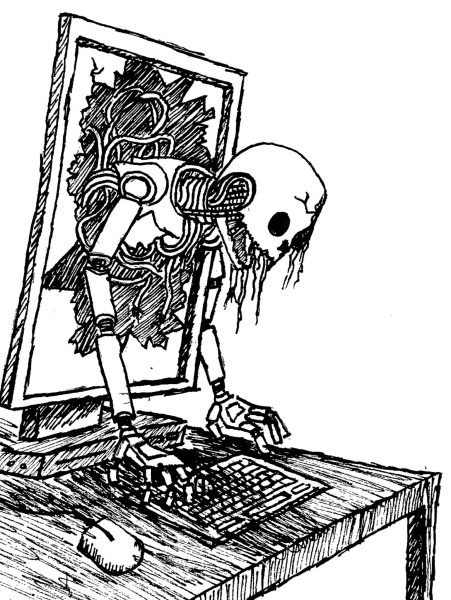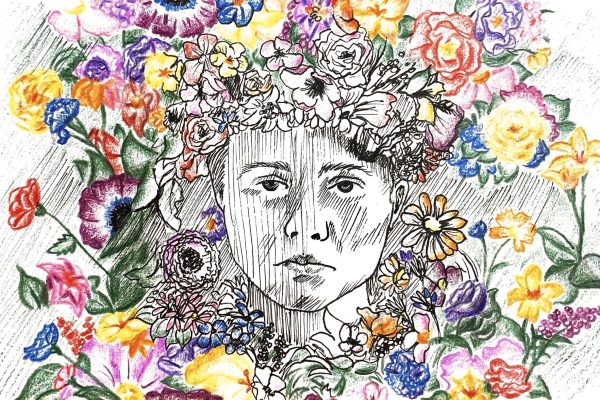Polyamory and counterhegemonic ideas about love and sex
How learning about polyamory can improve your own intimate relationships
Back when I was on dating apps, I would of course participate in doomswiping for hours trying to find the perfect (or at least redeemable) match compared to the onslaught of people that didn’t make the cut. As a queer individual, I found my dating practices on apps to take on a heightened level of heteronormativity compared to meeting individuals organically. I matched with both men and women but only ended up going on dates or pursuing serious relationships with men.
This was mostly because I knew that when talking to men, I would be comforted knowing that I always had the option of embodying a more passive role and having it still lead to something romantic, being that men are expected to be more dominant. With women, this wasn’t the case. There weren’t internalized gendered power dynamics that could excuse my inconsistencies in communication or autonomy.
And every so often I would see profiles of couples looking for a triad. I would on occasion be tempted to swipe right but I was always so nervous about how it would play out. I didn’t know how polyamory worked and I really didn’t know if it could be for me if I relied so heavily on heteronormative patterns to keep relationships afloat. But I knew that my fears and somewhat unhealthy dating behaviors were a result of denying the fluidity and independence I needed in romance. Although I still identify as monogamous, educating myself about polyamory really allowed me to see it for what it truly is, instead of the inaccurate stereotypes it becomes conflated with. I also learned how monogamous relationships could benefit from approaching their relationship with healthy practices found in polyamory.
Polyamory, also known as ethical non-monogamy, is very nuanced. There are many different representations of polyamory that allow individuals or couples to find what fits their needs. Triad is the most common representation we see where couples choose to date other singles. There’s solo polyamory, where a poly person typically prefers to be on their own but has multiple partners without anyone functioning as a primary. There are also terms like anchor partners or metamours that distinguish roles that can be found in diverse relationships. There are many other forms and terms that we should educate ourselves about to understand how relationships can function outside of heteronormative standards.
Often being fetishized and, at the same time, ridiculed, many assume poly individuals are hypersexual, promiscuous and choose this way of life because they do not know how to maintain healthy relationships. In fact, poly folks consistently practice healthy modes of communication the moment they meet each other in order to set clear boundaries with what they are comfortable with. With more roles involved than in monogamous relationships, it is imperative to set these boundaries early on to create safe experiences.
There is a lot of empathy in the polyamorous community because of their ability to be upfront with each other and understand everyone’s individual needs.
The biggest reason why many people are opposed to polyamorous relationships is because of their concerns with jealousy and feeling insecure if there are multiple partners involved. Jealousy has a role in many relationships, but in polyamory, many individuals are forced to confront their insecurities and egos pretty regularly, since it is unfamiliar territory for many compared to the already established norms of monogamy. This creates a foundation of building security continually, and not through the eyes of a singular partner or multiple partners, but through advocating for one’s needs. You learn to find security in your autonomy rather than how you’re perceived by a partner.
There are also incorrect assumptions that those who desire a polyamorous relationship are attracted to more than one gender and want to fulfill their romantic needs. Many queer people gravitate towards polyamory because they find that there is a lot of freedom in navigating relationships outside of heteronormative patriarchal systems which don’t serve them. As we know, there are also many queer individuals that can only be in monogamous relationships.
Although I find understanding polyamory useful for developing healthier forms of monogamy, I don’t believe that we should only be appropriating polyamory as a tool for developing more normative relationship practices. We also need to see polyamory for what it is, for all the independence and fluidity that it brings for many people that are not represented in the binaries of monogamy.
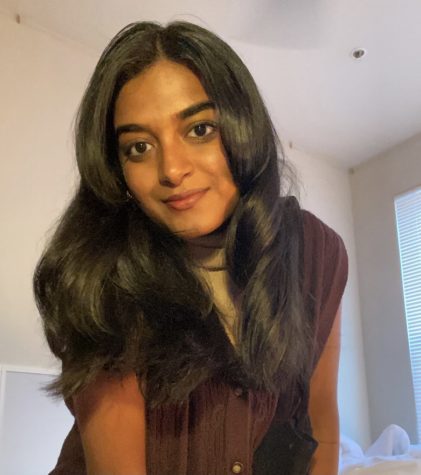
Hello! I am a junior English and Business major with a minor in creative writing. As an opinions columnist, I’m passionate about exploring anthropological...

Whattup! My name is Skylar Savarin (she/her/hers), and I am the Visual section editor! I am a third-year double majoring in Human Communication and Art....

